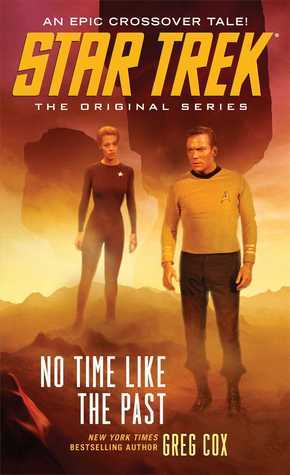The Island of Dr. Moreau by H.G. Wells/ The Daughter of Doctor Moreau by Silvia Moreno-Garcia
Genre: sci-fi/fantasy
I read it as a(n): audiobook (Dr. Moreau)/ hardback (Daughter of Dr. Moreau)
Narrator: Jason Isaacs
Length: 4:21:00 hours/ 306 pp
Her Grace’s rating: 4 out of 5 stars /3 out of 5 stars

The Island of Doctor Moreau is a fun, quick story that encapsulates much of Victorian thinking in one spot. The plot is straightforward – Edward Prendick is the survivor of a shipwreck who is rescued by a fairly ridiculous shit and then unceremoniously dumped off on a random island. On the island are strange creatures and only two other people, a gentleman called Montgomery and Dr. Moreau, an exiled London biologist who turns his considerable scientific skills toward vivisection. Prendick learns that the strange creatures he sees are a result of Moreau’s twisted experiments to turn animals into thinking creatures, or into hybrids with other unrelated species.
Wells tackled an absolute shitload of themes in this little story including medical ethics, the superiority of humanity, evolution, identity, and religion. Obviously I haven’t read every book ever but I think Wells was among the earliest to write about the effects of trauma on the human psyche. Of course, he didn’t write it in those terms. We didn’t have the term PTSD officially until its inclusion in the 1980 3rd edition of the Diagnostic and Statistical Manual of Mental Disorders (DSM). Trauma and PTSD as we now understand them still seem to appear in literature dating at least as far back as whenever the Book of Job 7:14 was written. It says, “You scare me with dreams and terrify me with visions.” Prendick certainly seemed to have what we now call PTSD. I reckon being shipwrecked, floating around alone at sea, and then getting rescued by a drunken lunatic can do that to a person.
Prendick expressed abject horror at Moreau’s “House of Pain” where he conducts his experiments. The Island of Doctor Moreau was partly a denunciation of the practice of vivisection which was in use during the Victorian Era. The concept of the mad scientist also had its genesis in Victorian literature and was based largely on the idea that science would destroy society. Because religion certainly doesn’t do that all on its own at ALLLLL…Right. Wells, a determined atheist, helps to explain why it is ridiculous to think that science is bad through his rendition of Moreau, who in some ways is almost Spock-like in his adherence to logic. Spock, though, would recoil at the idea of vivisection or any other kind of animal cruelty. It is not logical to bring unnecessary pain and suffering to other beings. Anyway, Moreau’s character highlights the Victorian fears about science. I’m not really sure what to make of the fact that Moreau’s “Beast People” revert to wild animals once the doctor is dead and no longer able to continue their treatments. Nature won out over science and religion both, which shows that human-made social constructs like religion are weak, and even science is subject to the laws of nature. I could talk for days about possible interpretations of this, so I’ll just say that it posed a very interesting thought experiment for me while I was figuring out what to write for this post.
All of that, of course, is a lead-in to discuss what it means to be human and to be civilized. Plenty of smelling salts were needed when Darwin’s book was published, saying that humans evolved out of animals. Darwinism, it was feared, would mean the death of religion and society and family and it’s the end of the world don’t teach me new things wE’rE aLl GoInG tO dIe! That clearly didn’t happen, though the death of religion would solve a very great number of lingering socio-political problems. This story shows the many ways in which civilization and civility are just veneers and that the line between human and beast is incredibly thin. The Beast People adhere to The Law that Moreau creates for them and they seem to really embrace it for most of the story. It is the humans who are beastly in their actions and hypocrisies. Manners, it seems, are there to hide our animal nature and make it less obvious that humans are really just more upright apes.
It brings to light also the ways in which religion is used to oppress and dominate people. Anyone who has studied even a minute of history can see that, but Wells takes it and runs with it. He uses religion to hammer the idea of obedience and avoiding their animal instincts into the Beast People. The Law they follow is very much a sort of fucked up list of Commandments:
| Not to go on all-fours; that is the Law. Are we not men? |
| Not to suck up Drink; that is the Law. Are we not men? |
| Not to eat Fish or Flesh; that is the Law. Are we not men? |
| Not to claw the Bark of Trees; that is the Law. Are we not men? |
| Not to chase other Men; that is the Law. Are we not men? |
And yet, religion is the excuse for suppressing their instincts in the first place, making them conform to the image of humanity against their nature. Moreau is very much a god-figure on the island and Prendick becomes so by the end as well. That shift shows how it is possible for one to initially be tolerant of and sympathetic towards a group of people, as Prendick was towards the Beast People, and then get a little taste of religion or power and then it all goes to shit.
In a nutshell, there was just so much Victorian angst in this book. It was delicious. What was also delicious was Jason Isaacs’ narration. He does different voices superbly and has impeccable timing. I am not sure that it is easy at all to make Wells funny, but Isaacs managed it in more than one spot. Plus, his voice. It is dead sexy. I would listen to him read the phone book if that’s all there was.

All this leads me into The Daughter of Doctor Moreau. This novel by Silvia Moreno-Garcia is a lovely retelling of Wells’s classic. The author shifts the setting from an unnamed island in the South Pacific to the Yucatan Peninsula of Mexico. It’s a dual POV story, alternating chapters between Carlota, the titular character, and Montgomery Laughton, Dr. Moreau’s assistant who is finally given a last name.
There are some intriguing changes to this novel, naturally, mainly in shifting the setting to 19th century Mexico. It is set against the backdrop of the Caste War of the Yucatan, which informs some of the social mores and political discussions in Moreno-Garcia’s novel, though the war itself is not a main focus. Including it, though, lays the groundwork for the conflicts in the story: the rich hacendados wanted to hire laborers to work their haciendas and help to guard them against the indigenous Mayan groups who were warring with them, the Mexican, European-descended, or mixed race people who held higher social status than the Indigenous peoples. This is where the author explores the issues of colonization and social class, themes that she explores in almost all of her works. For more information, visit Silvia Moreno-Gacia’s webpage for the novel, which has more more discussion about this point. The Caste War is not a historical event I know anything about, other than that it happened and lasted for like 50 years. That alone shows the sheer stronghold colonialism had on many parts of the world, and still does today. But using it as her novel’s backdrop makes this book richer, feel even more real, than it would have done if it were more of a fantasy setting.
The themes of identity and what it means to be human are both carried over from Wells’s original story. In Moreno-Garcia’s hands, these take on new depths and meaning. The Beast People here are referred to as hybrids, which seems like a kinder way to call them. They are still as monstrous as the ones in Wells’s story, but that monstrosity isn’t as visceral as in his. Montgomery, upon seeing the hybrids, flips the fuck out but not because of any kind of inherent racism against a group of people. Rather, his temporary separation from sanity was because of his horror at the results of meddling with nature in what he thinks of as unethical ways. He’s not wrong. He is, though, horrified at what he thinks has been done to humans. It seems to matter less to him that the doctor is trying to elevate animals. It begs the question of why it makes a difference. Suffering is suffering, whether it is human or animal.
I had a sense that Montgomery wouldn’t object much if Moreau was trying to find a cure for diseases with his hybrids. Instead, though, he is trying to make more laborers for the hacendados, in particular Mr. Lizalde, the man who funds Moreau’s research. Oh hi, worker exploitation! Again, I don’t think it should matter if the hybrid are people with animal parts or animals with people parts, but the fact is that it addresses a variety of thoughts on social and cultural identity. People are tribal apes with access to nukes, so it isn’t all that surprising that we can Other any group there is, regardless of their origin.
The experiments in this novel could be read in terms of current medical research. Plenty of people still are up in arms against stem cell research, for example, or animal testing of medical treatments. We can clone things, grow organs in petri dishes, transplant organs, keep micro-preemies alive. All of that because of experimentation. In Moreno-Garcia’s book, it is implied that Moreau’s experiments are the only reason Carlota is still alive, as he made use of some of his hybrid experiments to create a cure for her blood disease. So experiments aren’t always a bad thing despite what some might think.
I like the way the author plays with identity and what makes us human throughout the novel. Montgomery, after his initial freak-out, quickly becomes attached to the hybrids and treats them no differently than he does anyone else. Probably better than he treats most others, frankly. So does Carlota, who has grown up with two hybrids in particular as close friends, almost as siblings. To her, they are no different than any other person.
Carlota herself also brings a discussion on what it means to be a woman, particularly in 19th century Mexico. It is a travesty that most of the issues she faces in the book are still issues women today have to deal with. Moreau coddles her like she is still an infant. I suppose that, at least, is understandable since she is his child. A lot of parents have a hard time seeing their children as adults. That might be even more true when the child was so sick in the early years of their lives, as Carlota was. She is seen as an object or possession by Eduardo Lizalde, the son of the rich man funding Moreau’s research. She has limited choices, is expected to marry into a rich family so her father can continue his work, and is generally treated as inferior because she’s a woman.
I just really love how the lines between human and animal are so thoroughly blurred in this novel. That line is a lot fuzzier than it was in Wells’s original story. In that, it was very clear that the Beast People were not considered human, that they were decidedly inferior. That is not the case in Moreno-Garcia’s novel. She has the hybrids living mostly alongside the Moreaus, working with them in the house or the gardens, treated generally as longtime friends or family. By the end of it, it is very easy to forget that the hybrids aren’t actually human, whereas the Lizaldes and their men are the barbarous ones.
All in all, I really enjoyed this book pairing. I love old sci-fi because we get to see what people used to think and what came true, or even if some things have changed at all. Moreno-Garcia’s books have all been a delight to read, though I haven’t read them all yet. But they make me think about a lot of different topics, which is always a sign of a good book for me.




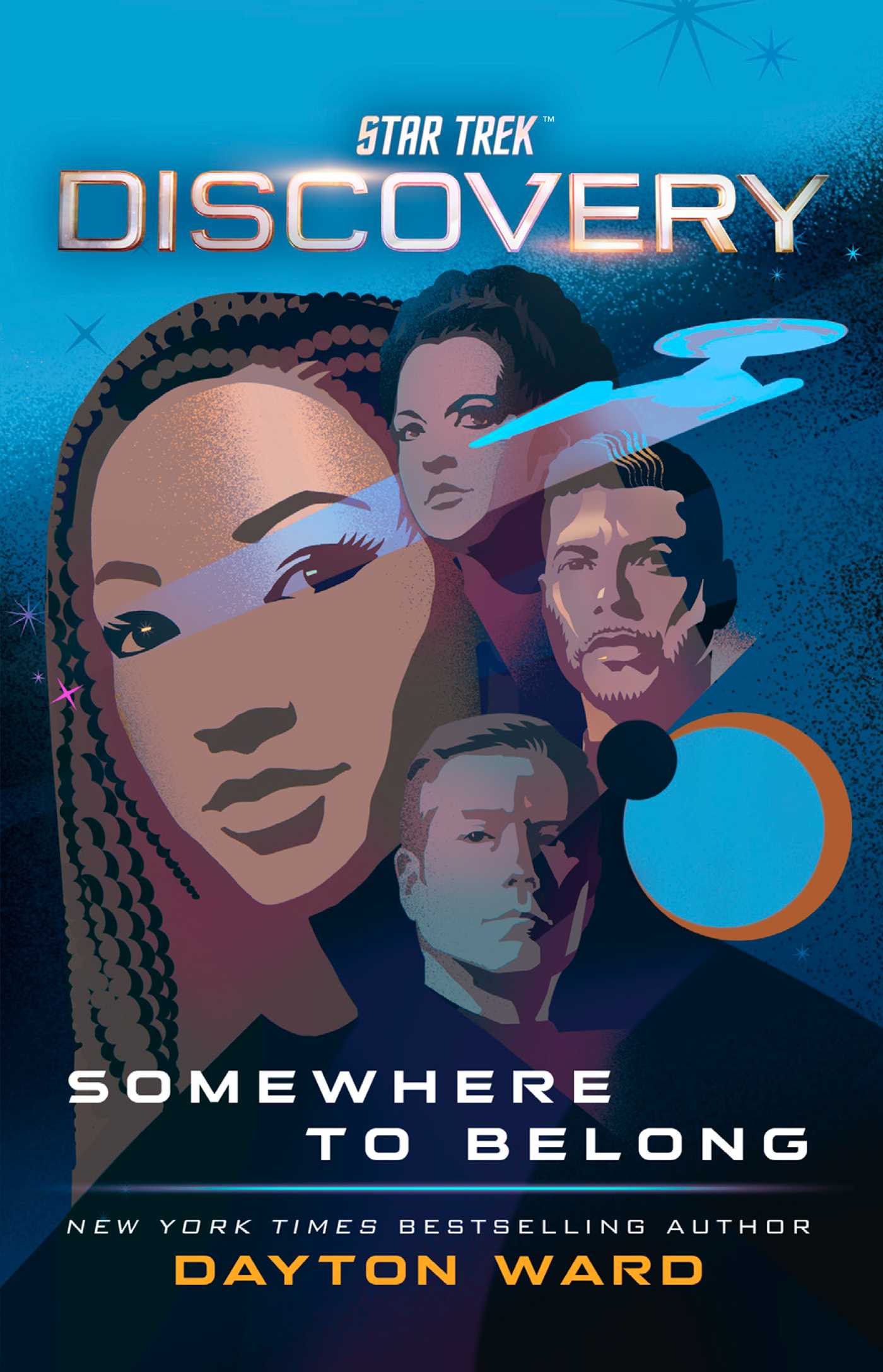
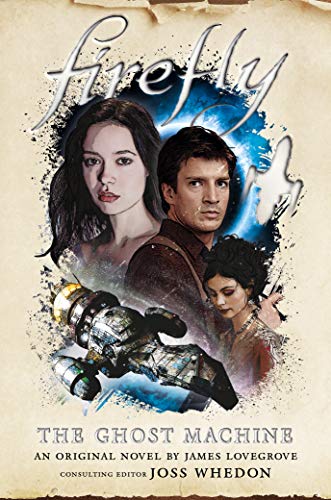
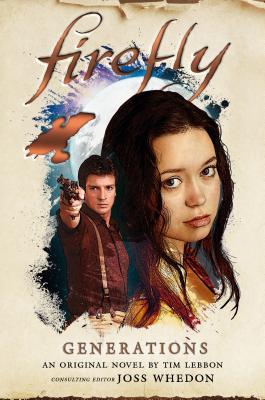
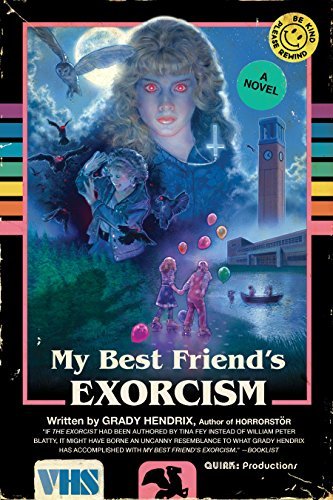


 Romeo and Juliet
Romeo and Juliet  Seveneves
Seveneves  The Invisible Hour
The Invisible Hour  A Stitch in Time
A Stitch in Time 
 Girls and Their Horses
Girls and Their Horses  Mercy Rule
Mercy Rule 





